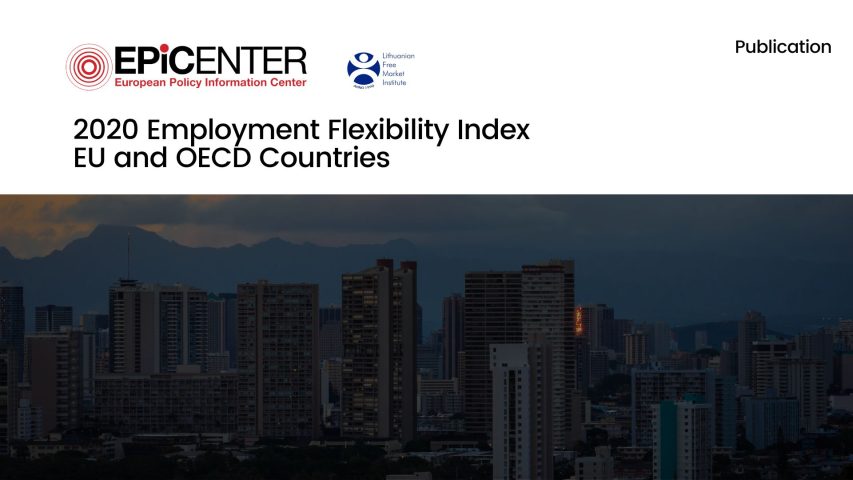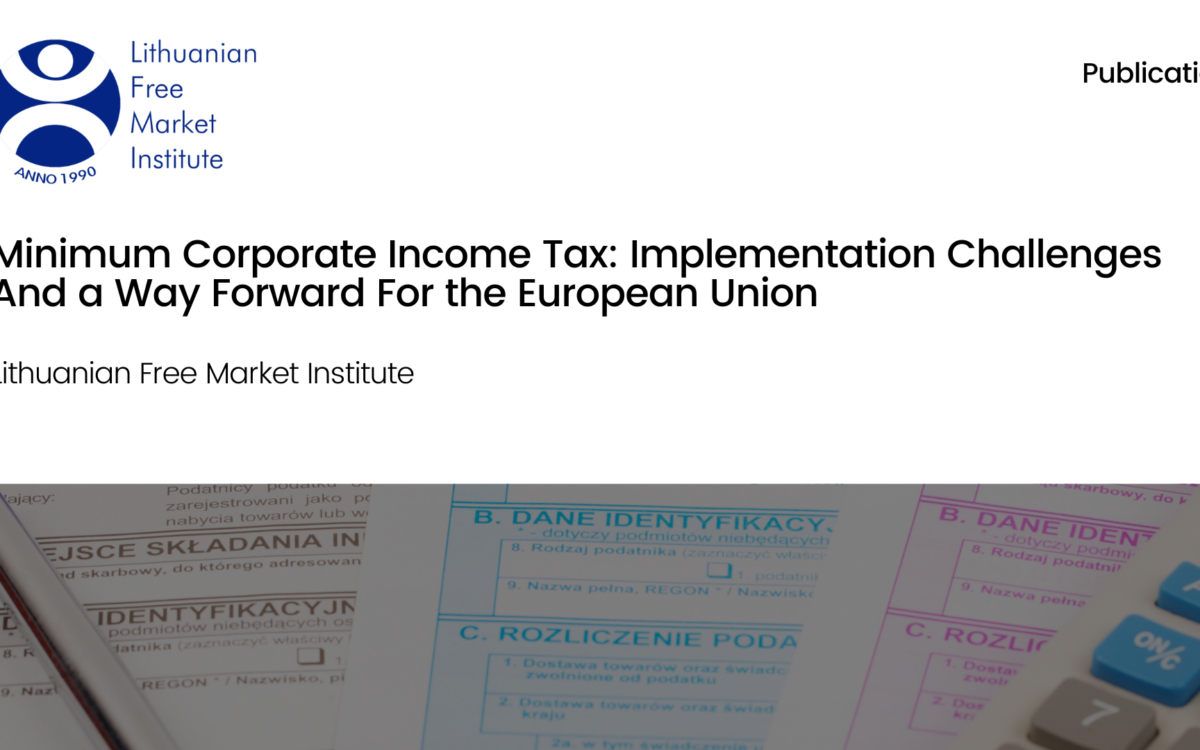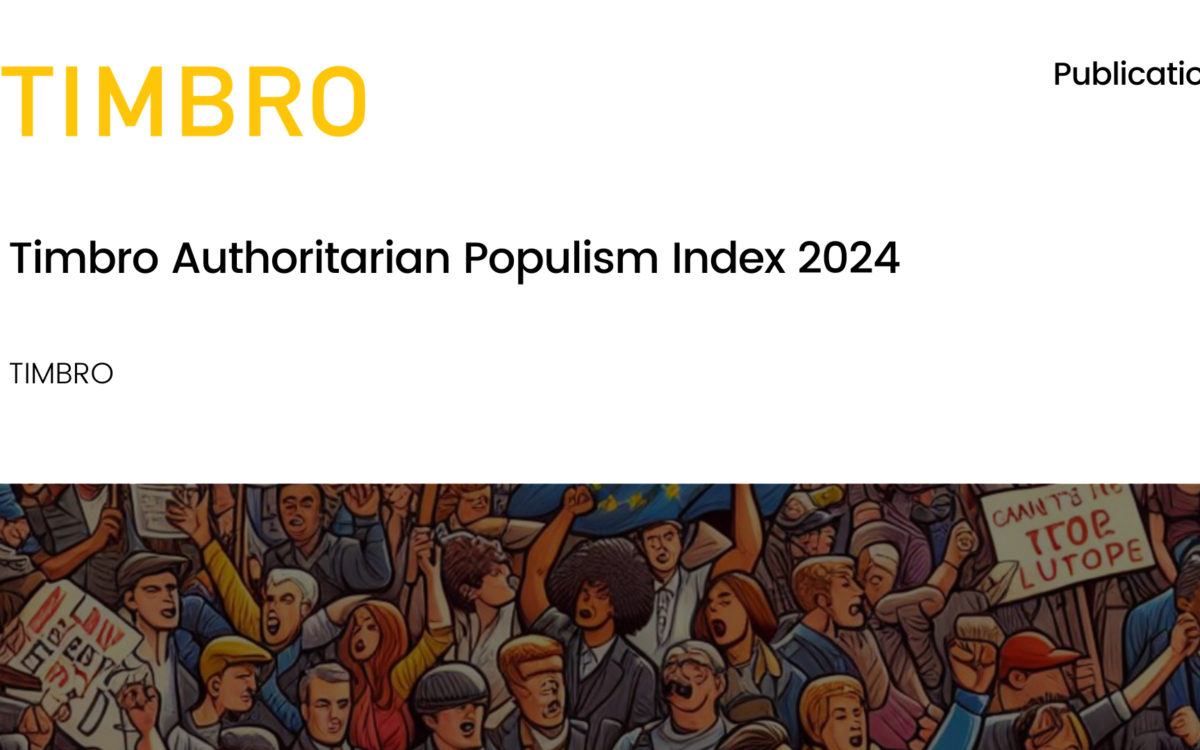Employment Flexibility Index 2020

Employment Flexibility Index 2020
2 January 2020
For the third year in a row, the Lithuanian Free Market Institute and its partner organisations present the Employment Flexibility Index, that ranks a total of 41 countries that are members of the European Union (EU) or the Organization for Economic Cooperation and Development (OECD).
Due to technological and demographic changes in Europe the labour market is becoming more dynamic and diverse. A growing need for more flexible regulation in the labour market is evident: worker mobility is increasing, the ability to choose jobs that match their skills and interests is increasing as well. In this context, the European Commission emphasises that it is precisely the changes in the labour market that have created new forms of employment, business models and stimulated creation of new jobs. Moreover, trade wars, the uncertainties of Brexit, the weakening of emerging markets and geopolitical tensions are becoming sources of risk in the global economy, leading to a slowdown in economic growth.
Greater flexibility in employment relations is needed to enable market players to adapt to change more efficiently. However, the Employment Flexibility Index 2020 shows that policymakers are reluctant in responding to market needs, as the analysis shows little to no change in national regulations. The Employment Flexibility Index indicates that the level of state intervention varies significantly between countries. Leading countries with relatively flexible labour relations continue to strive to reap the benefits of flexibility, while countries below the average remain unchanged.
The aim of this study is to compare the legal regulation of labour relations between the EU and OECD member states, in particular the level of flexibility of the regulations. The Index may be applied as a tool for countries to evaluate their position in the context of other countries, to assess how national legal systems are prepared to respond to changes in the economy and the labour market.
Download or share this publication
View the PDF
EPICENTER publications and contributions from our member think tanks are designed to promote the discussion of economic issues and the role of markets in solving economic and social problems. As with all EPICENTER publications, the views expressed here are those of the author and not EPICENTER or its member think tanks (which have no corporate view).



